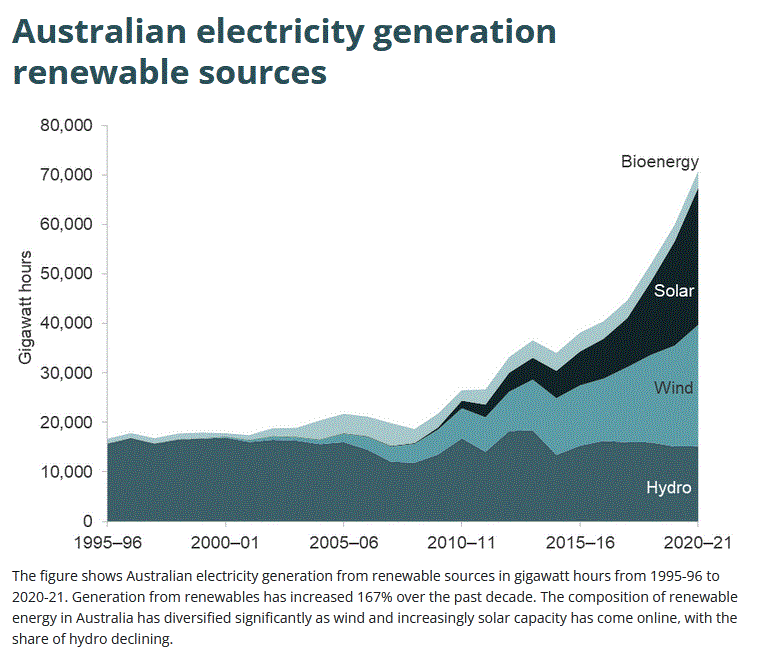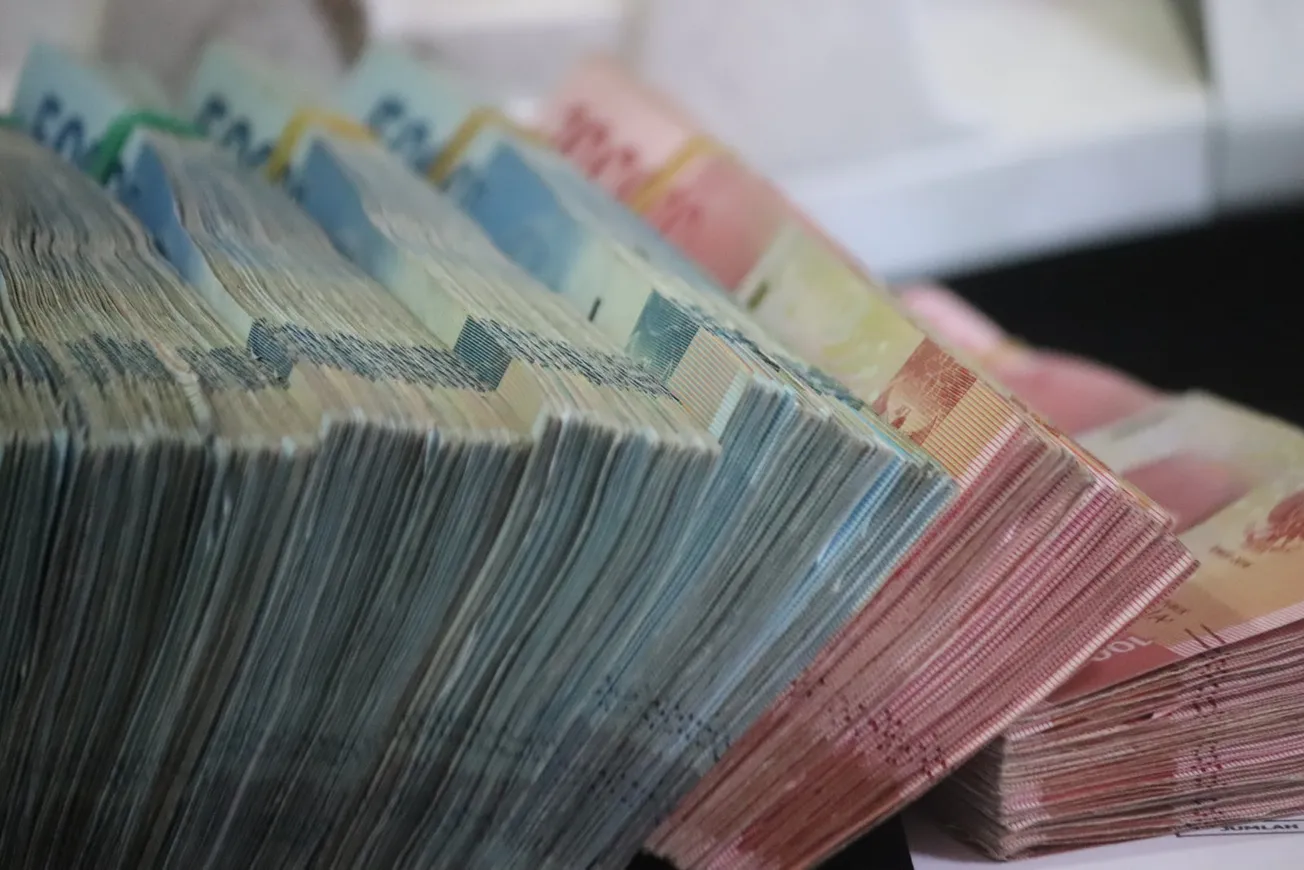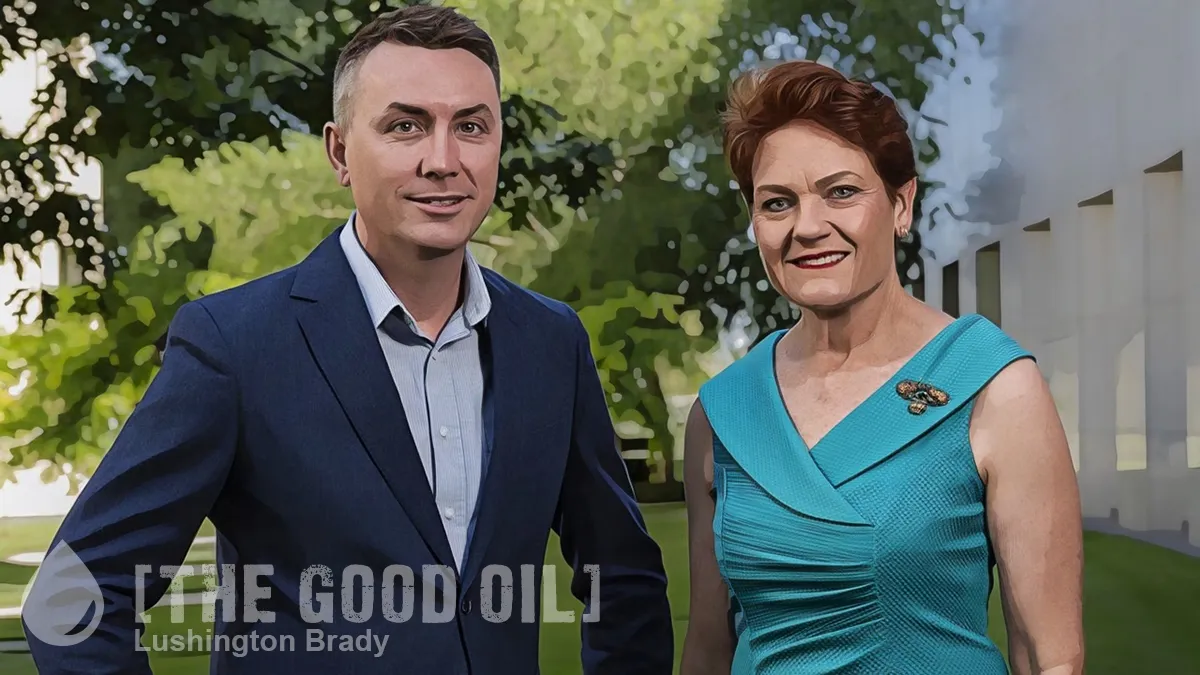Table of Contents
Now they tell us:
…big spending on renewables needed, says report
Australia must find $1.5 trillion by the end of the decade to meet 2050 green targets in an effort experts say would need to mirror the reconstruction of Europe after World War II.
By Nick Evans, The Australian
Until five minutes ago (or at least the last election), wind and solar power were the future – they were unstoppable because free energy paid for itself and was getting cheaper every year. (Cheaper than free!) Now, we’re out of the mists of the fairy garden; a few passengers on the top floor of the Carbon Bus can see the cliff coming. Suddenly we’ve gone from “it’ll save money” to needing $1,500 billion dollars or 1.5 million suitcases of a million dollars each, which is quite a lot in a land of 26 million people. It works out to be $57,000 each from every man, woman, pensioner, and baby, and we need it in the next seven years. So that’s a quarter of a million dollars from every family of four.
Never mind about a house or a holiday, if we’re serious, we need to work weekends and send the kids to the factory after school. What’s the award wage for 10-year-olds?
We’re going to do “a Moonshot” apparently. Shame no one mentioned that at the last election?
The new report came out last month from the expert committee we’d never heard of – Net Zero Australia.
The largest economic transformation in Australian history is among the final conclusions of the major expert study of Australia’s path to net zero carbon emissions, conducted by interdisciplinary teams from the University of Melbourne, The University of Queensland, Princeton University’s Andlinger Centre for Energy and Environment, and Nous Group.
Australia just needs to build 230 GW of renewable energy generation by 2035, and at the moment we’ve got 50GW “committed”:
The report says that nearly 50 gigawatts of planned and committed renewable energy generation fall well short of the 230GW estimated to be needed by 2035 and that a drastic acceleration of both onshore and offshore wind developments would be needed to provide future power.
Robin Batterham – emeritus professor of engineering at the University of Melbourne and Australia’s former chief scientist – who chaired the group’s steering committee, said it was a huge task.
Just like that, we will train up to 100,000 engineers and tradesmen in the next seven years:
The economic push would be enormous, even among the working population. Net Zero Australia’s modeling suggests the skilled workforce needed to install and run new generation assets, transmission lines, and associated decarbonisation efforts will need to double to at least 200,000 people by 2030 and reach 700,000-850,000 by 2060 – up to four per cent of Australia’s estimated total workforce.
The experts in the new committee dared to suggest we need to build a new fleet of gas plants and keep the old coal generators running until we have a new reliable supply available. They can see how a few billion-dollar blackouts will dent enthusiasm for the green renewable racket. Improbably, they say that we must keep all the options open, except for nuclear, of course, and that crazy idea of auditing the pronouncements of a foreign committee.
We shouldn’t wait for “silver bullet” technology like small modular reactors, they say, but it’s OK to wait for cheap batteries, reliable wind plants, safe disposal of turbine blades, dead eagles, beached whales, and reports on infrasound pollution from studies no one has done yet.
Don’t mention the risk-reward ratio…
We need to spend $5 Trillion by 2050, build 40 times the generation, and based on dubious economic modeling with 25 years of extrapolated guesses about technologies that are not invented yet, we might reduce energy costs from nine per cent to seven per cent of the total economy, but we will definitely cool the world by no degrees?
Renewable energy generation would need to grow to about 40 times the current NEM generation capacity, according to previous modeling by the group – but, even under the most aggressive renewable energy scenario modeled by Net Zero Australia, the country’s total domestic energy costs would fall from just under nine per cent of GDP to about seven per cent by 2050.
Australians have gone gangbusters installing wind and solar in the last 10 years, but we need to do “40 times as much”. Plot the curve to 2050 in your head:

No one is taking the transition, or carbon emissions seriously. As long as the gravy flows…
This article originally appeared at JoNova.









